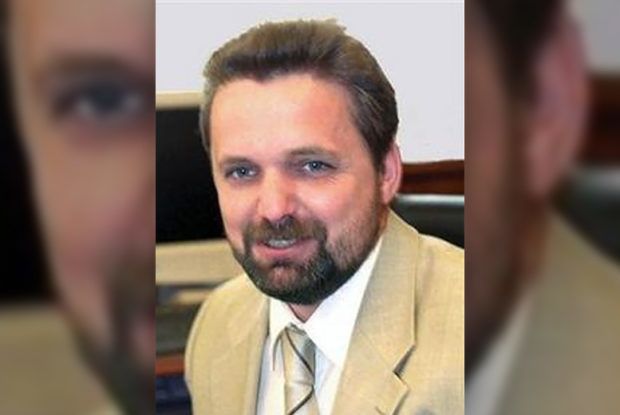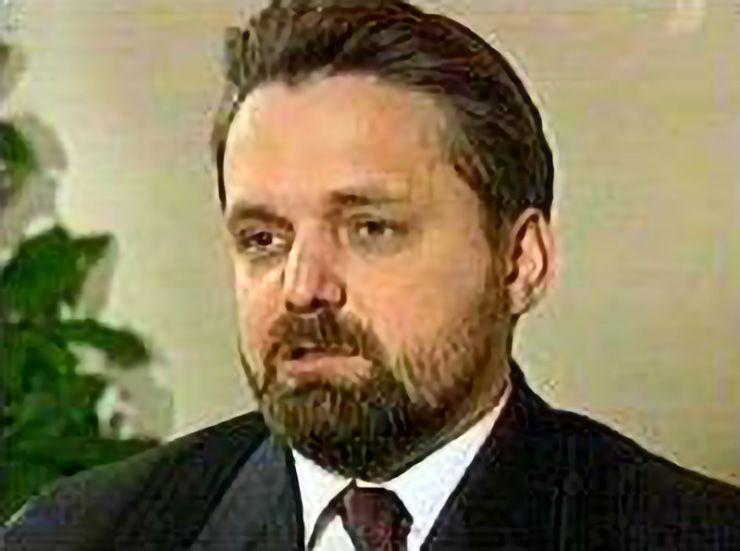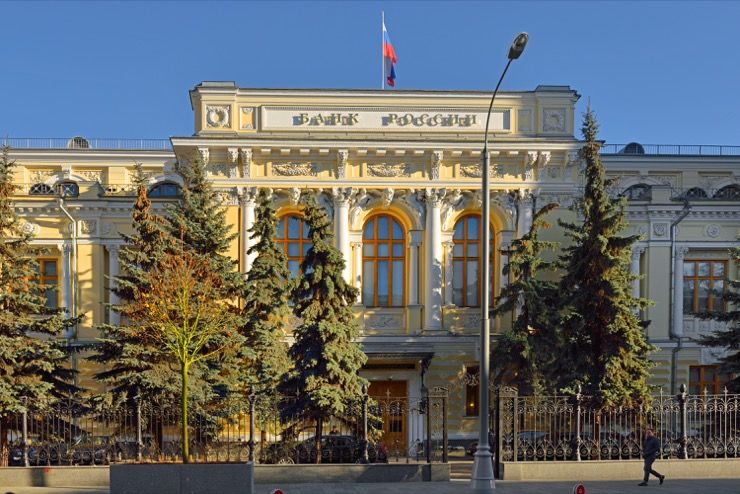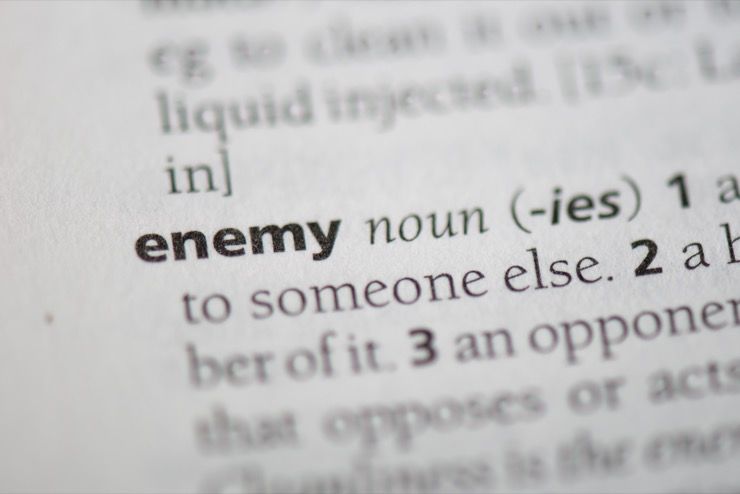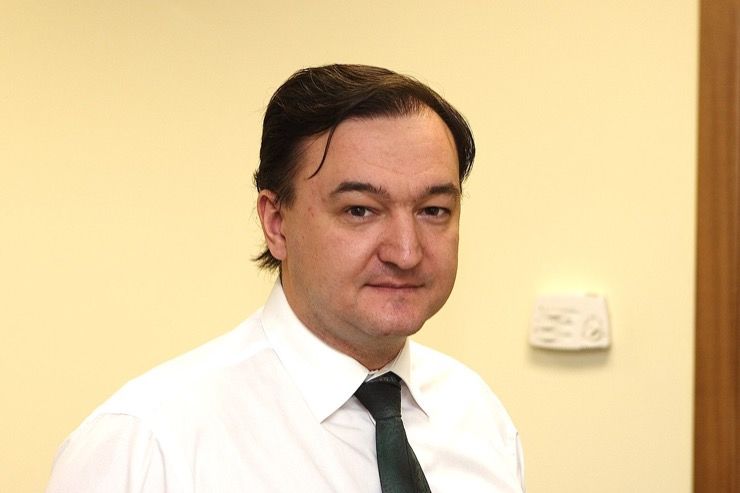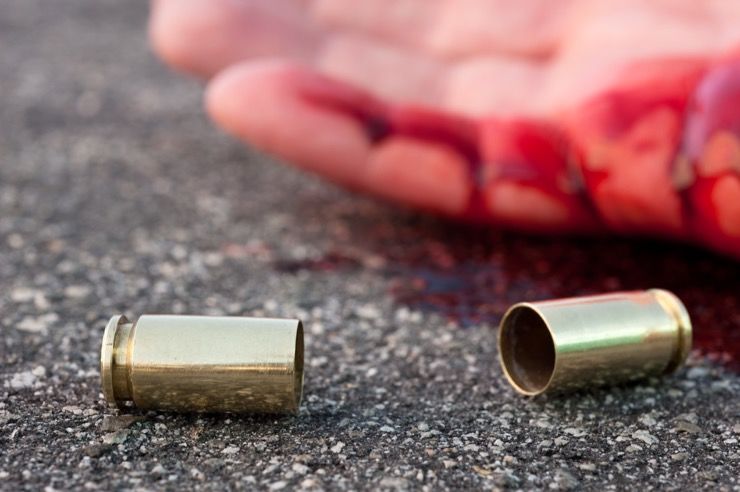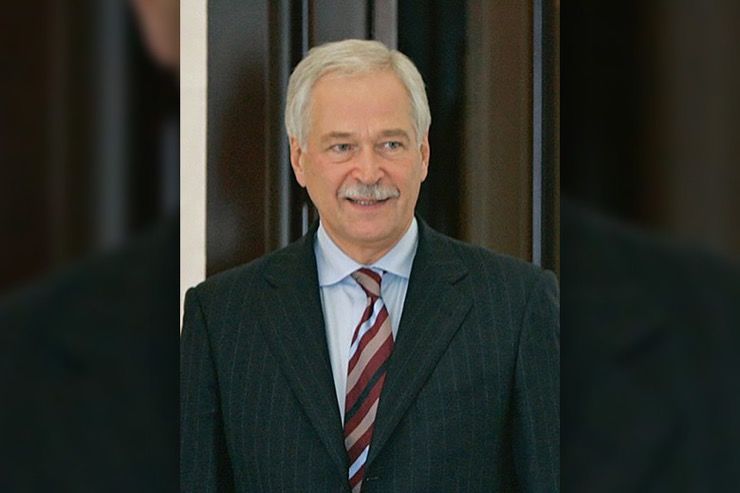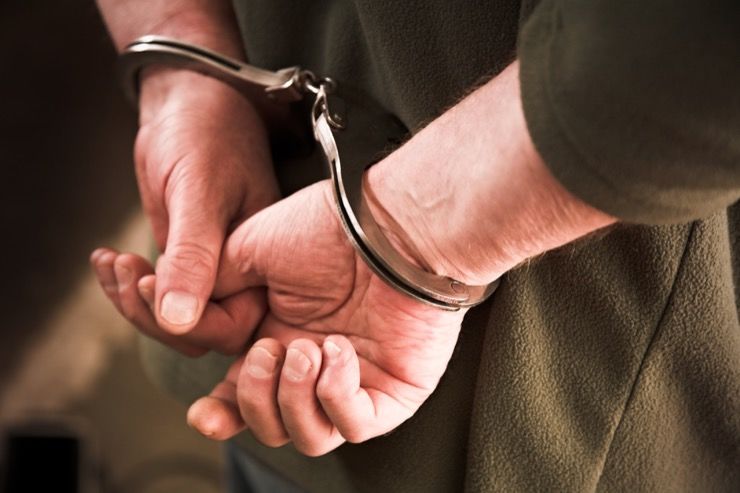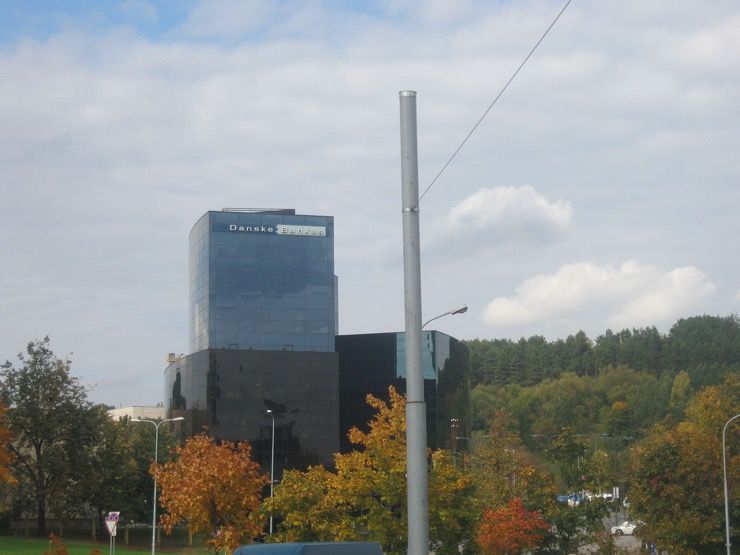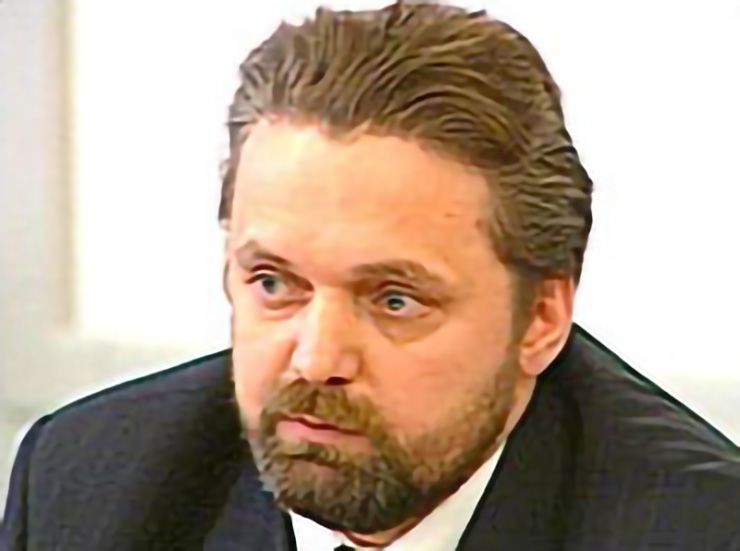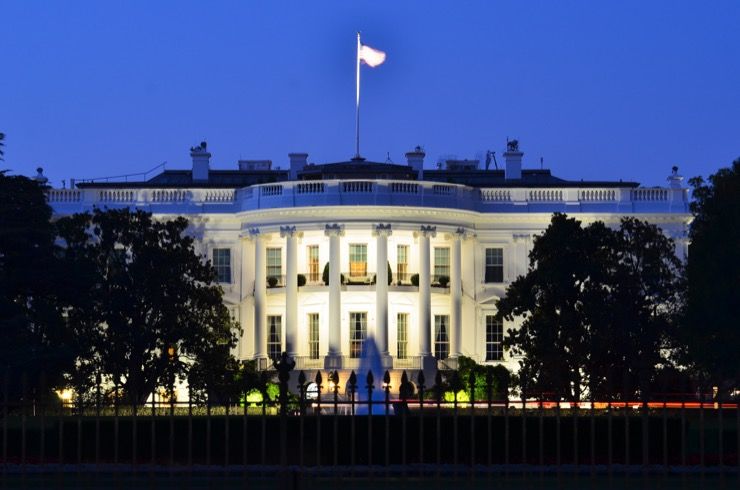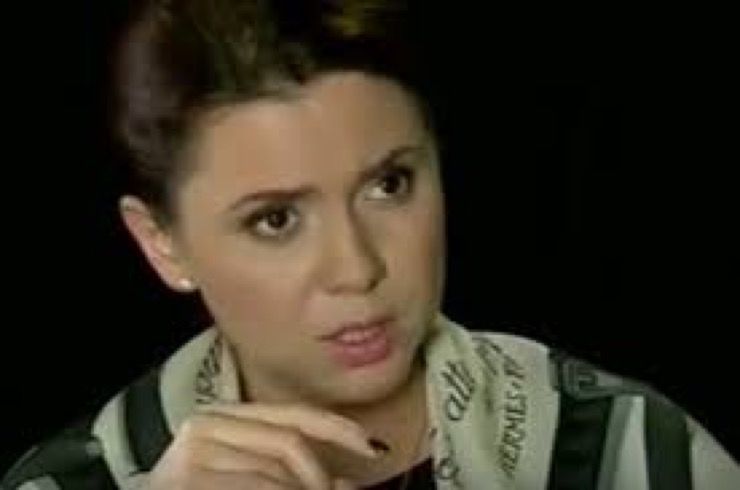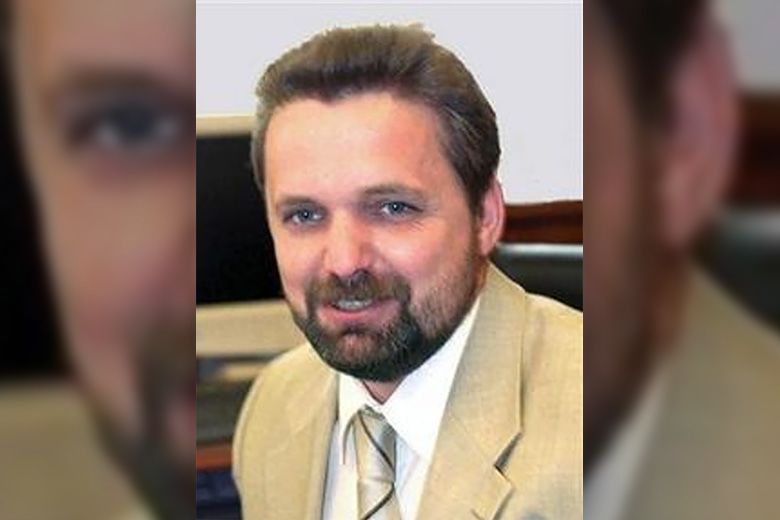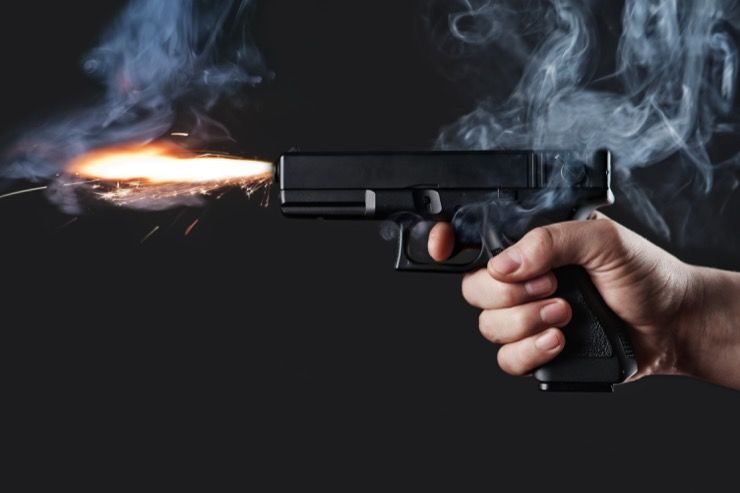When one Russian official went to Estonia to warn the government there about a massive money-laundering scheme, that scam would turn out to be the biggest ever money-laundering scheme in the history of the world.
Known as the $200 Billion Danske Bank Scandal, Andrei Kozlov, the first deputy chairman of the Russian Central Bank, met a gruesome end when he turned out to be the whistleblower who cost corrupt officials millions.
Andrei Kozlov
Andrei Kozlov served as the first deputy chairman of the Central Bank of the Russian Federation from 1997-1999, and then again between the years 2002 and 2006. Fluent in Russian, German and English, Kozlov was married with three children but was killed at the end of September 2006 and died in a Moscow hospital from gunshot wounds.
Humble Roots
Having been born in Moscow, Kozlov served in the Soviet Army and was a very proud Russian. After attending the faculty of international economics at The Moscow Institute of Finance, he got a job at the central bank. Having also worked in the private sector for a time, Kozlov was considered an economic genius by many people despite his humble beginnings.
Making Enemies
Kozlov was always considered to be a straight-laced type of person. This personality trait made him some enemies along the way as he attempted to cut down on corruption and lead Russian banks down the path of righteousness. When he introduced a deposit insurance system and founded the Deposit Insurance Agency to restore public faith in the banking system, many people were keeping a close eye on him.
Taking Control
Being the head of bank supervision, Kozlov made even more enemies when he withdrew licenses from banks suspected of money laundering. Then, in 2004, when he took control of Sodbiznesbank, he accused them of engaging in high-profile money-laundering using ransom money from hostages. He even revoked the license of the Neftyanoi Bank a few years later, making him even more unpopular in some financial circles.
Keynote Speech
On September 8, 2006, Just a few days before he was murdered, Kozlov gave a keynote speech at a banking conference in Sochi according to a Daily Beast report. At the conference, Kozlov said, “Those who have been found out laundering criminal money should probably be barred from staying in the banking profession for life. Such people disgrace the banking system.” No one was that surprised when he was knocked off a few days later.
Third Victim
Kozlov was the third victim linked to the Danske scandal. The first victim was Alexander Perepilichnyy, who was involved with the bank’s Estonia branch. The second victim was Sergei Magnitsky (pictured above), a Russian lawyer who was investigating the theft of $230 million when he died in Russian custody. It came out after the fact that the majority of that money was laundered through the Danske Bank.
Stellar Reputation
Kozlov was well-known in financial circles, and some people liked what he was doing to clean up corruption. Those on the receiving end, however, did not and that’s when a plot was hatched to ‘take care’ of him. As he walked out of a friendly soccer match between bankers and financial regulators at the Spartak Moscow sports complex, he was fatally shot in the car park outside.
Fatal Shooting
When Kozlov and his chauffeur, Alexander Semyonov, walked into the car park, three gunmen were waiting for them. The driver died on the spot from the volley of bullets while Kozlov was shot in the head, chest, and stomach. He died a few minutes after reaching the operating table at Moscow’s Hospital No. 33. This was the most high-profile killing in Russia since Putin took power.
Taking Revenge
Following Kozlov’s brutal murder, officials in Russia assumed that he was likely murdered as a message of revenge for revoking the licenses of small banks. Boris Gryzlov, the chairman of Putin’s United Russia Party, said on the day he died, “It’s quite possible that the gangsters linked to them might have put out a contract on him.” Gryzlov was right; Authorities found that Alexei Frenkel, who owned VIP bank, had been shut down by Kozlov and it was him who ordered the hit.
Not Guilty
As Frenkel was led away from his first court appearance for hiring three Ukranian men to kill Kozlov, he managed to exclaim to the media who were present, “I am not guilty!” But despite claiming innocence, Frenkel was found guilty and sentenced to 19 years behind bars. But Kozlov had a multitude of enemies and his assassination would have come later if not sooner in any event.
Warning Estonia
Kozlov should have known that he would find himself in some hot water after he visited Estonia in 2006. He warned authorities there that billions of rubles were being transferred illegally into dollars and euros via the Estonian Sampo Bank based in Finland. That bank was taken over by Denmark’s largest bank, the Danske Bank later that year. Kozlov had a vital conversation during that visit with Andres Palumaa, the head of anti-money-laundering at Estonia’s Financial Supervision Authority.
Admitting Guilt
It took another 12 years for the Danske Bank to finally admit that $234 billion in non-resident money had made its way from Russia through Danske’s operation in Estonia. What made matters even more shocking were allegations that the suspicious accounts were owned and operated by Putin and his family. But Palumaa didn’t concur with Kozlov at the time and claimed he had found “no evidence of wrongdoing.”
Central Nexus
According to Kozlov’s claims, the Sampo Bank in Estonia was the “central nexus” of many criminal activities run from Russia. Even the bank’s internal inquiry recently found that more than $200 billion in foreign currency was allowed to flow through the bank. For so many people, getting rid of Kozlov was a must, and it needed to happen as soon as possible before he blew any more whistles.
Global Investigation
In light of the serious claims leveled against the Danske Bank, U.S. authorities opened an investigation alongside investigators in Britain, France, Denmark, and Estonia. Even though it will no doubt take years to untangle the mystery of the laundered $200 billion, people want answers when high-ranking officials like Kozlov are murdered in cold blood.
Respecting America
Following Frenkel’s arrest as the main suspect in the Kozlov slaying, the reaction in Moscow was mixed. While some still wanted Kozlov and his theories out of the window, others were impressed that the U.S. was showing such determination to bring justice for Kozlov. At the time a source said, “This is the first time that authorities went after not just the ones who committed the crime, but the ones who ordered it and paid for it,” adding, “It is also the first time that a Russian, not a Ukrainian or a Georgian, was found responsible.”
Austrian Connection
At the same time, the Austrian government was also involved in the whole debacle. Before his death, Kozlov had been in contact with Austrian financial regulators, warning them of illegal sources of money coming from Russia. A few weeks before his death, Kozlov had even ordered the closing of a small Russian bank involved in the Austrian banking sector. Seven months after he was killed, the Austrian government opened their own investigation into Kozlov’s murder.
Official Corruption
The Austrian probe concluded that as they worked closely with Kozlov after the Russian money-laundering pipelines were shut down, they could not rule out “official corruption” on a massive scale as well as being the motive for his murder. Russian opposition outlets also claimed that Kozlov was killed for knowing too much and for exposing high-profile but corrupt officials.
Frenkel Framed
Meanwhile, Natalia Morar, a Moldovan investigative journalist for the Russian magazine New Times, felt that Frenkel had nothing to do with Kozlov’s demise. “The New Times interviewees at the Interior Ministry, in the State Duma, and in the banking community are convinced that ‘Frenkel has nothing to do with the murder,'” she wrote.
Knew Too Much
According to Morar’s sources, Frenkel himself could well have been framed as he was privy to the same sensitive information that Kozlov was. The fact that Kozlov was leading an investigation into “the possibility of money-laundering through foreign banks by a number of Russian commercial organizations, and also by individuals,” according to Morar, meant that anyone could have arranged the hit on Kozlov.
Massive Impact
When Kozlov took his trip to Estonia to try to shut down the Danske Bank money-laundering route to the West, he had no idea what he was getting involved with. Perhaps, had he known that this corrupt money-laundering scheme went all the way to the top, he would have thought twice about poking a hornet’s nest that ultimately spelled his demise in such an unceremonious fashion.
